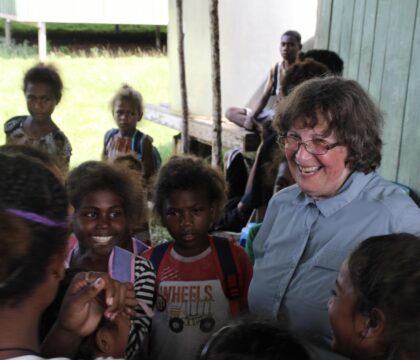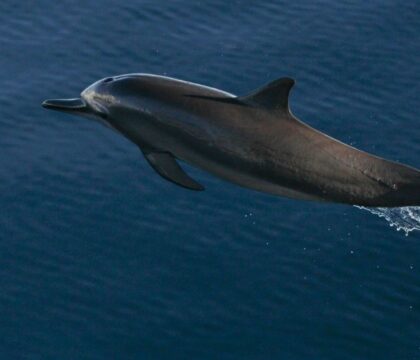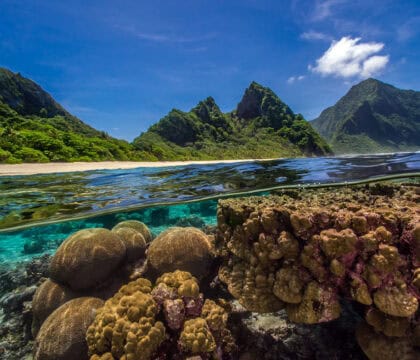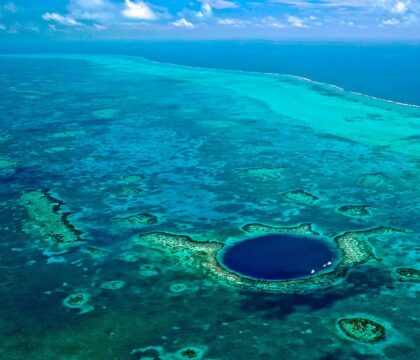August 3, 2015 • News Announcements, Program Updates
Over the 15 years that we have owned and operated our Blackbird Caye Field Station in Turneffe Atoll, Belize we have seen the volume of plastic pollution along our beachfront grow dramatically. Given that we are in a fairly remote location (30 miles offshore) it is particularly disturbing to see just how much trash is floating around in our oceans no matter how far “away” we think we are.
Support our work in Belize on Indiegogo.
Last week I visited the field station as part of a group effort to study the extent of plastic pollution in Turneffe Atoll and to create artwork that will draw public attention to the problem and promote solutions. Along with our Belize program staff, I was joined by Oceanic Society artist-in-residence and plastic interpreter, Pam Longobardi, and Emory University graduate student and Belizean American, Paulita Bennett-Martin. Together, Pam and Paulita have started a program called Plastic Free Belize that is modeled in part on a Plastic Free Island campaign that Pam has worked on for the last 5 years in Greece. We were also joined in the field by a group of 16 high school students with National Geographic Student Travel.
Together we carried out transect surveys of plastic pieces found on the beach at the field station (for Paulita’s graduate research) and created art pieces (with Pam’s guidance) from the plastic that we encountered. This culminated in the creation of a large-scale art installation that was, sadly, so big it had to be photographed by a drone. The work will be used to create public awareness in Belize and the U.S. about the problem of plastics in our oceans and hopefully to lead towards the behavior changes that are needed to start addressing this problem.
These efforts complement a broader initiative at Oceanic Society—the Blue Habits program—that aims to go beyond simply ‘raising awareness’ about ocean issues, to directly motivate and sustain changes in human behavior that lead to healthier oceans.
If you would like to support these programs, please visit our campaign on Indiegogo and help spread the word. We’re aiming to raise $10,000 to support our summer research and education programs in Turneffe Atoll.




